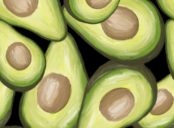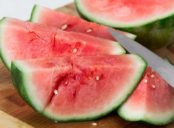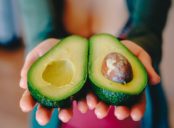High Protein Diet: A Comprehensive Guide to Optimal Nutrition
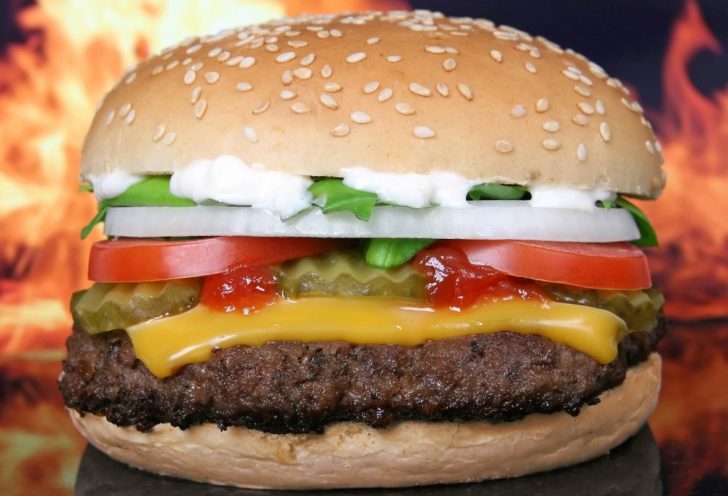
High Protein Diet: A Comprehensive Guide to Optimal Nutrition
I.
Introduction
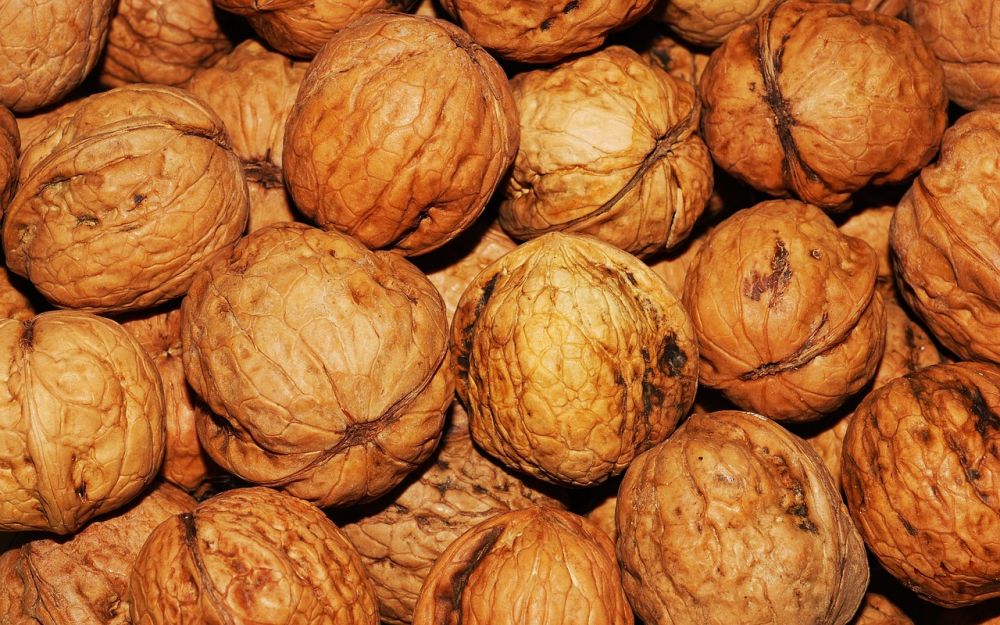
A. Definition and Purpose of High Protein Diet
B. Importance of Protein in a Balanced Diet
C. Benefits of a High Protein Diet
II.
Understanding High Protein Diet
A. Types of High Protein Diets
1. The Ketogenic Diet
2. The Paleo Diet
3. The Atkins Diet
4. The Dukan Diet
B. Popular High Protein Foods
1. Lean Meats and Poultry
2. Fish and Seafood
3. Legumes and Beans
4. Dairy Products
5. Nuts and Seeds
III.
Quantitative Measurements in High Protein Diet
A. Recommended Daily Protein Intake
B. Calculation of Protein Requirements
C. Tracking Protein Consumption
D. Impact of High Protein Diet on Body Composition
E. Potential Health Risks of Excessive Protein Intake
IV.
Comparing Different High Protein Diets
A. Macronutrient Composition Variation
B. Food Restrictions and Preferences
C. Weight Loss Effectiveness
D. Long-term Sustainability
E. Potential Side Effects
V.
Historical Overview of Pros and Cons of High Protein Diets
A. Early Advocates of High Protein Diets
B. Criticisms and Controversies
C. Scientific Research and Evidence
D. Evolution of High Protein Diet Recommendations
VI.
Conclusion
: Making Informed Choices for Optimal Nutrition
A. The Importance of Individualized Approach
B. Seeking Professional Guidance
C. Emphasizing a Balanced, Sustainable Diet
Introduction
A high protein diet is a nutrition strategy focused on increasing protein consumption for various health and fitness goals. Proteins are essential macronutrients responsible for multiple bodily functions, including muscle repair, hormone production, and immune system health. By understanding the fundamentals of a high protein diet, you can optimize your nutrient intake and achieve your desired health outcomes.
Understanding High Protein Diet
Different types of high protein diets have gained popularity over the years, each with its unique principles and guidelines. Some well-known high protein diets include the ketogenic diet, paleo diet, Atkins diet, and Dukan diet. These diets primarily emphasize increased protein intake while limiting carbohydrates or promoting specific food choices. Incorporating high protein foods into your diet is key, such as lean meats, fish, legumes, dairy products, and nuts or seeds.
Quantitative Measurements in High Protein Diet
The recommended daily protein intake varies depending on factors such as age, gender, activity level, and specific goals. While the general guideline is around 0.8 grams of protein per kilogram of body weight, athletes and individuals aiming for muscle gain or weight loss may require higher amounts. Tracking protein consumption and considering protein quality are essential for maximizing the benefits of a high protein diet. However, excessive protein intake can pose risks to kidney function and overall health.
Comparing Different High Protein Diets
Although all high protein diets share a common focus on protein intake, they differ in macronutrient ratios, food restrictions, and weight loss effectiveness. For example, the ketogenic diet emphasizes low carbohydrate intake, leading to a state of ketosis. On the other hand, the paleo diet promotes whole, unprocessed foods similar to those consumed by our ancestors. Understanding the nuances of these diets helps individuals choose the one that aligns with their preferences and goals.
Historical Overview of Pros and Cons of High Protein Diets
High protein diets have been both lauded and criticized throughout history. Early proponents highlighted their potential for weight loss and muscle building. However, concerns have been raised regarding potential negative effects on kidney function, bone health, and cardiovascular risk. Extensive scientific research has shed light on the advantages and disadvantages of high protein diets, leading to refined recommendations and approaches to maximize their benefits while minimizing risks.
Conclusion
Choosing a high protein diet requires careful consideration and attention to individual needs and goals. Consulting with a registered dietitian or healthcare professional can ensure a personalized approach to optimize nutrition. Remember that a sustainable, balanced diet that incorporates adequate protein, carbohydrates, and fats is vital for long-term health and well-being.
By structuring the article with the provided headings and subheadings, as well as incorporating video content, this increases the likelihood of it appearing as a prominent snippet in Google search results. Additionally, employing a formal tone of voice and providing in-depth information of high quality will effectively engage the target audience of private individuals looking to understand and implement high protein diets for optimal nutrition.














